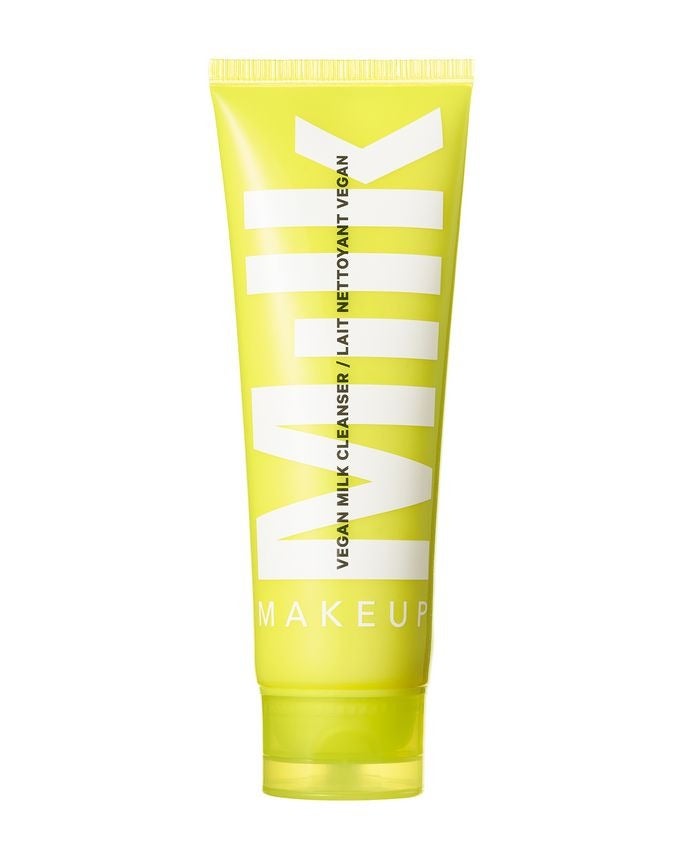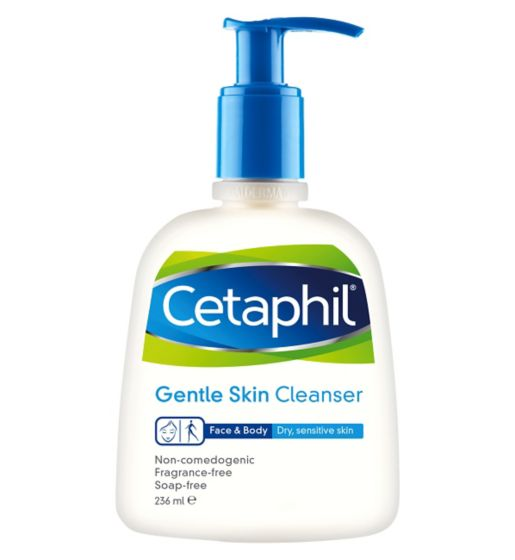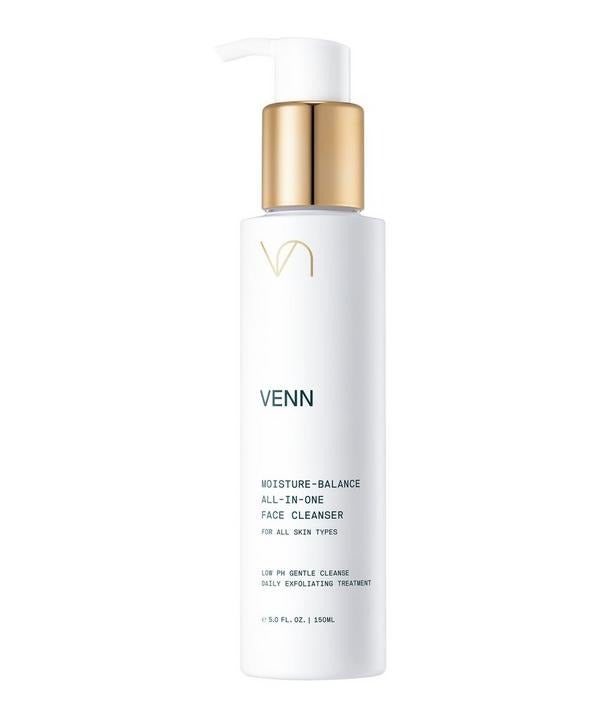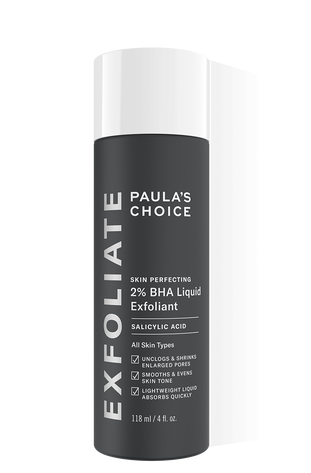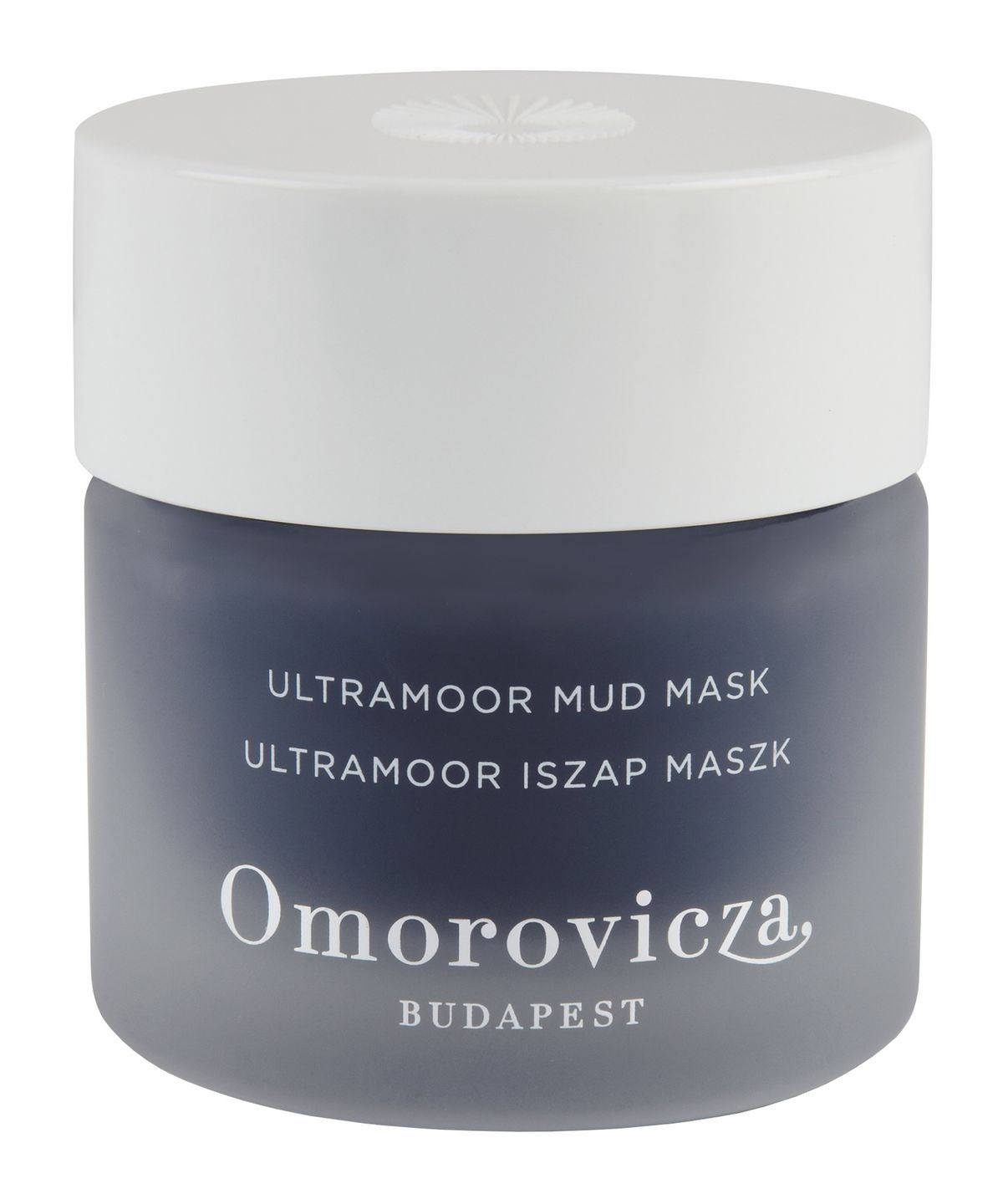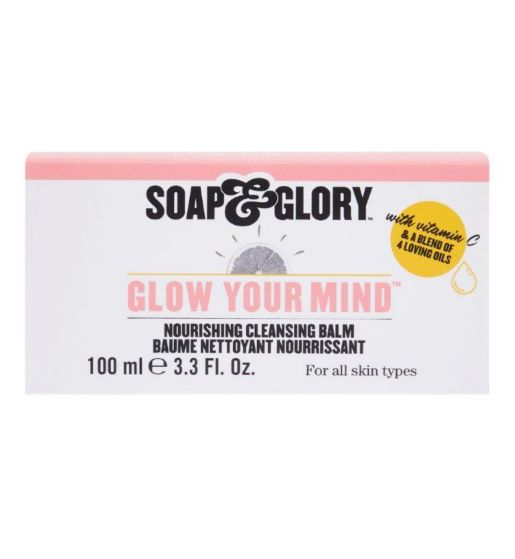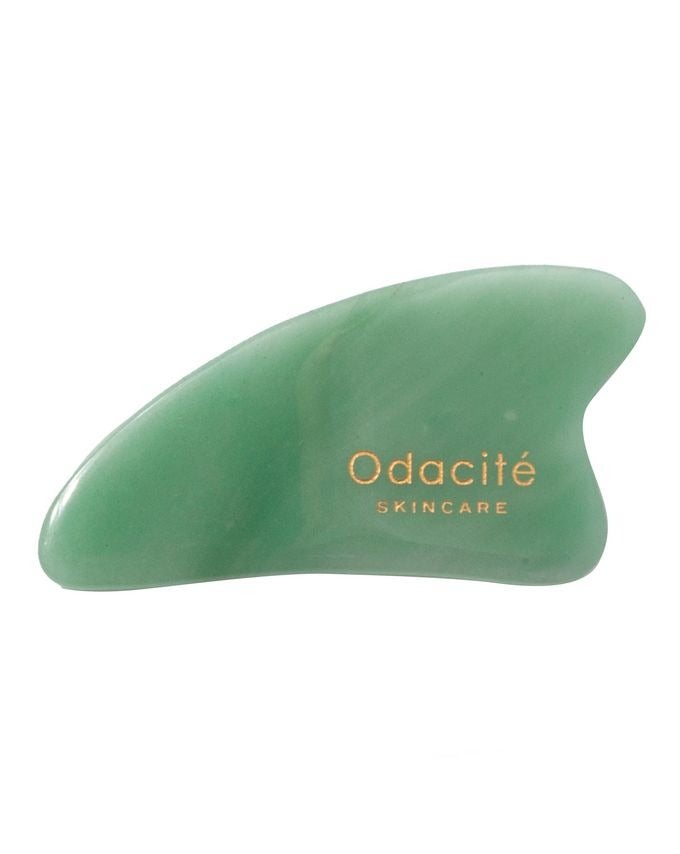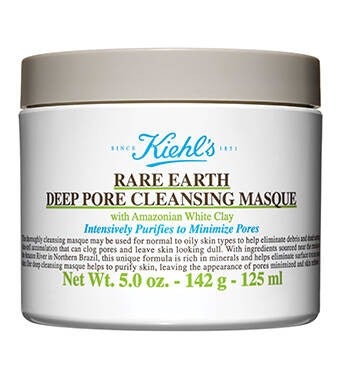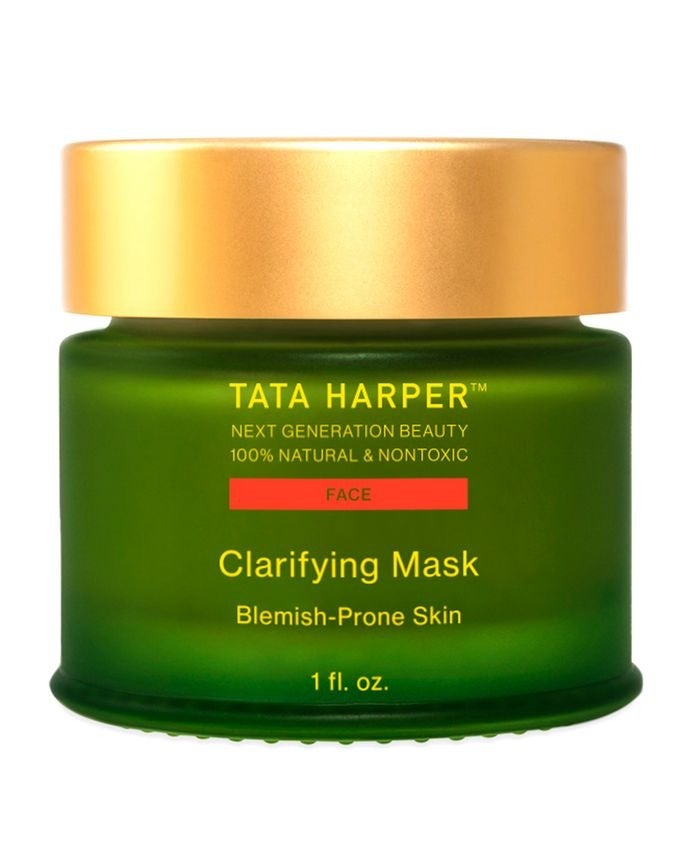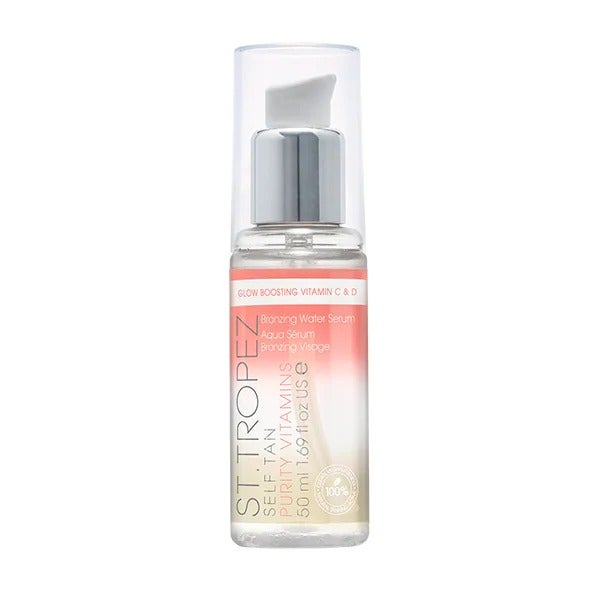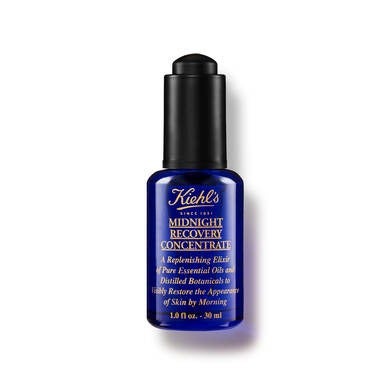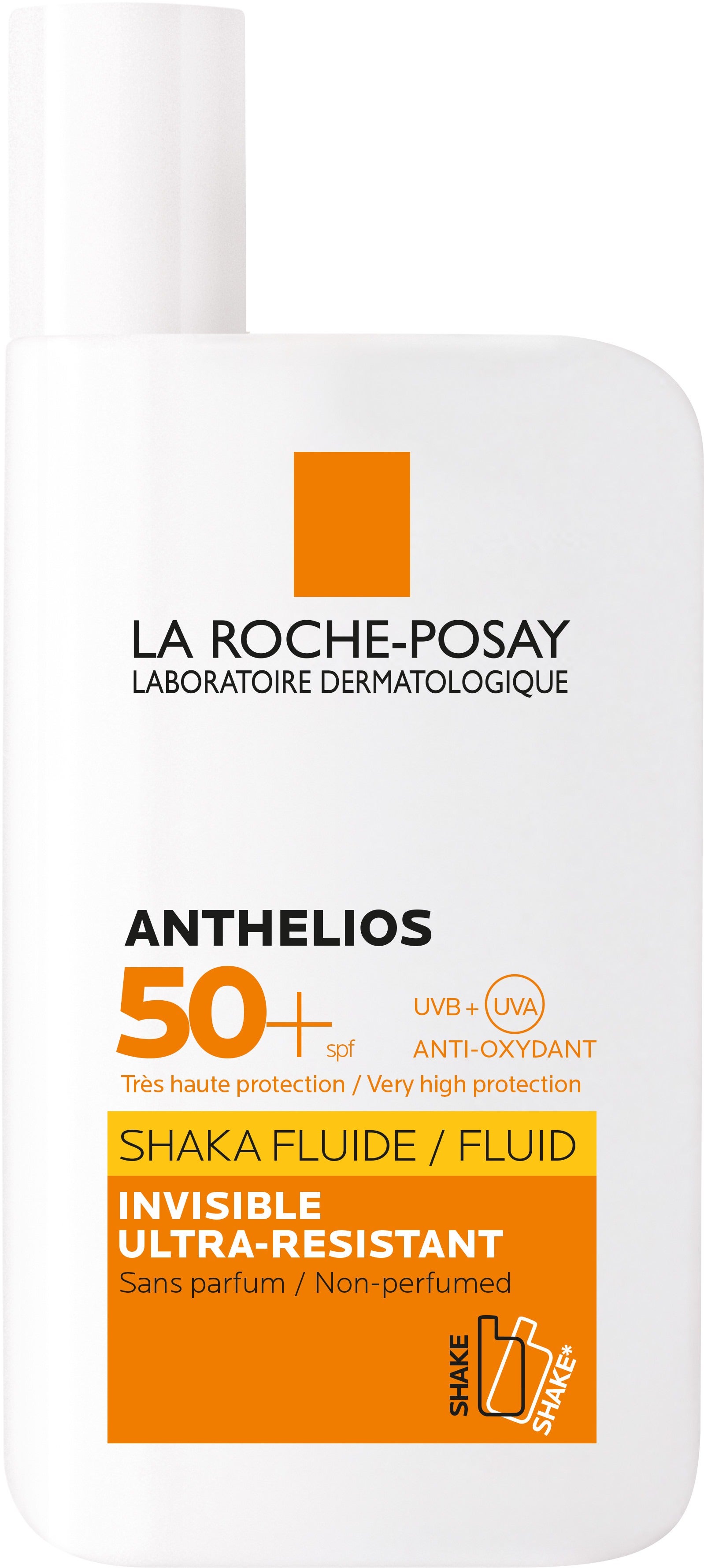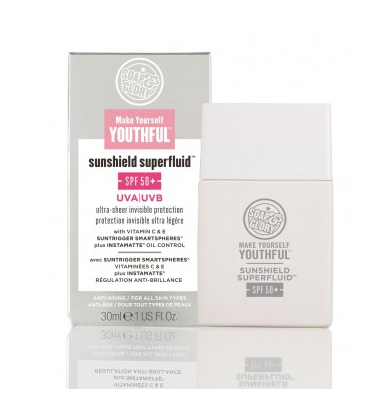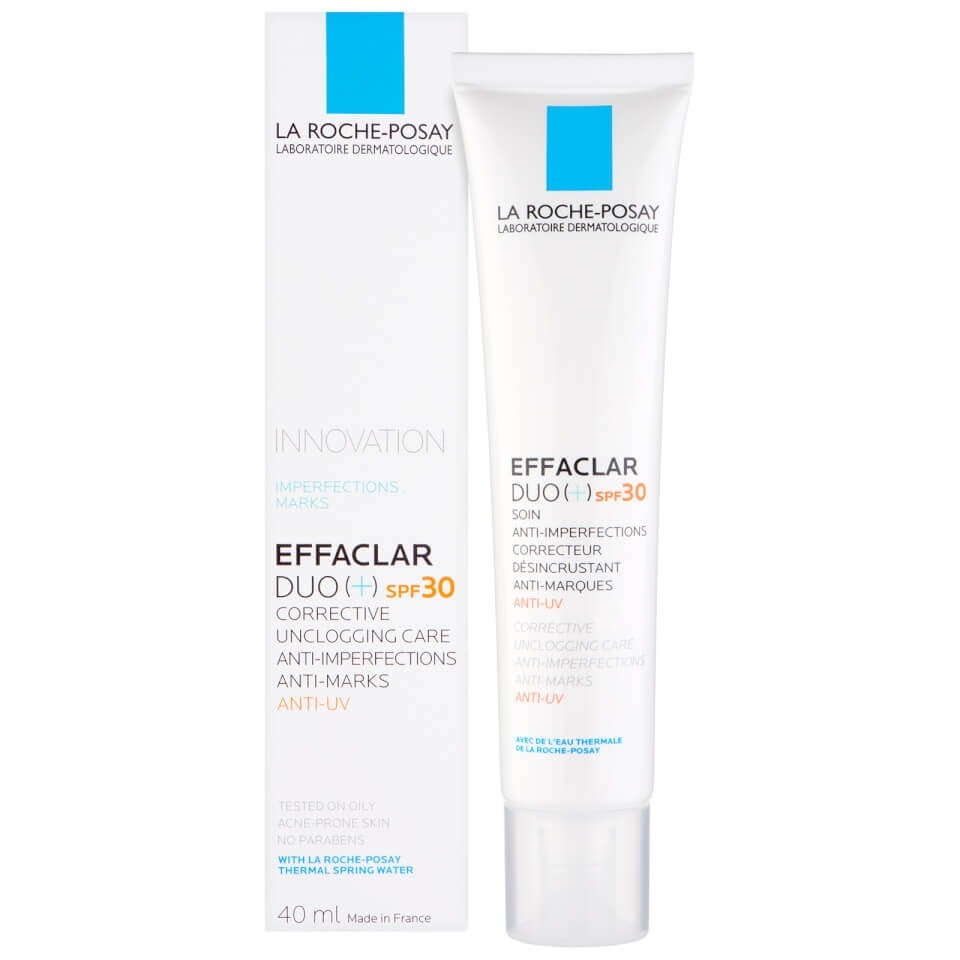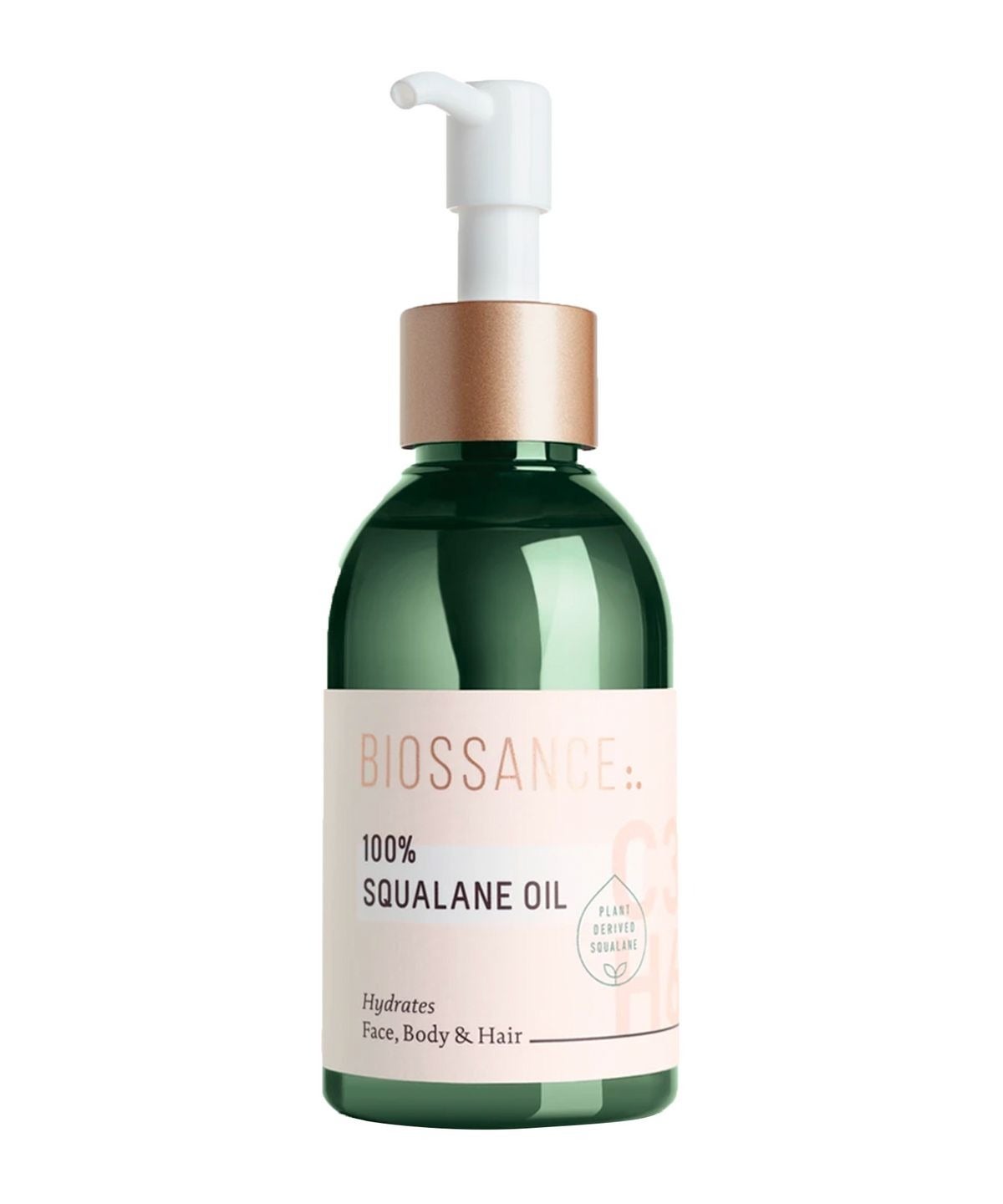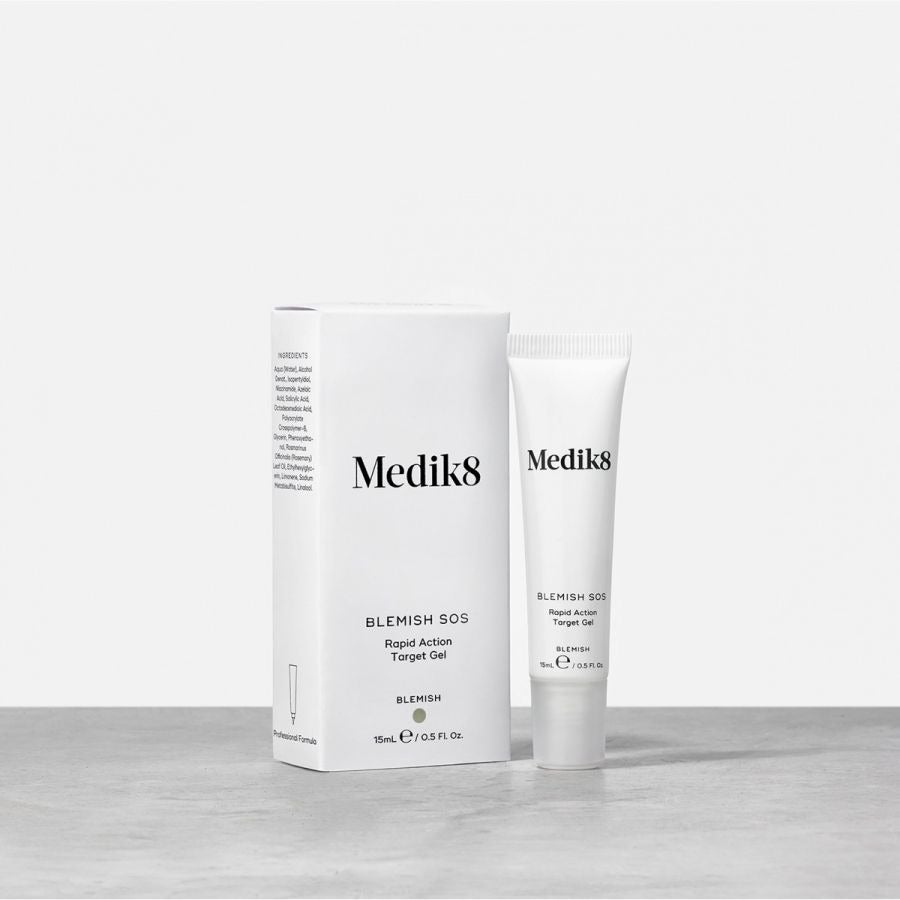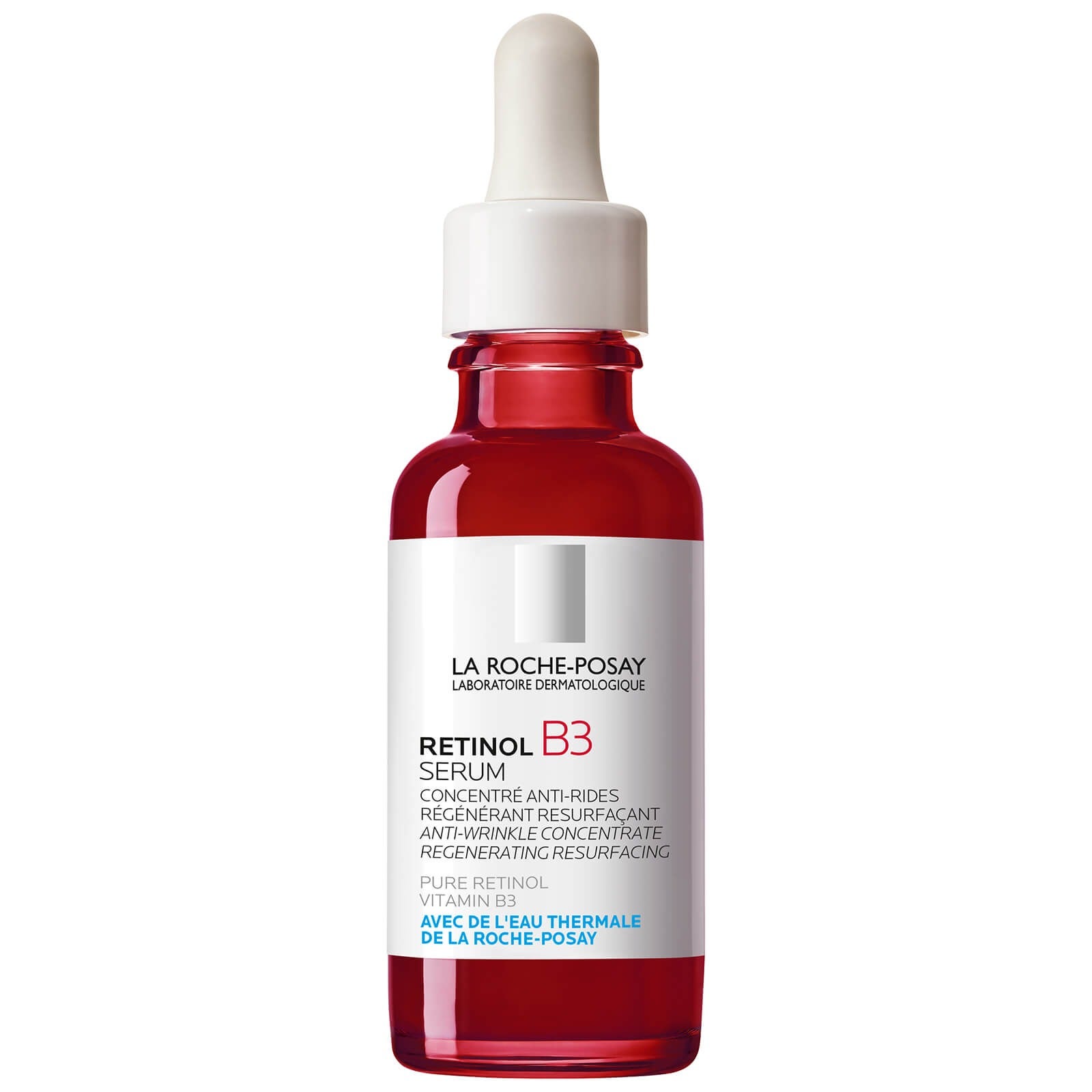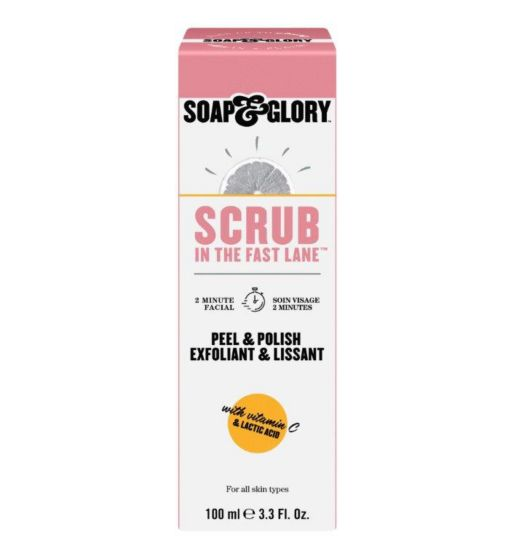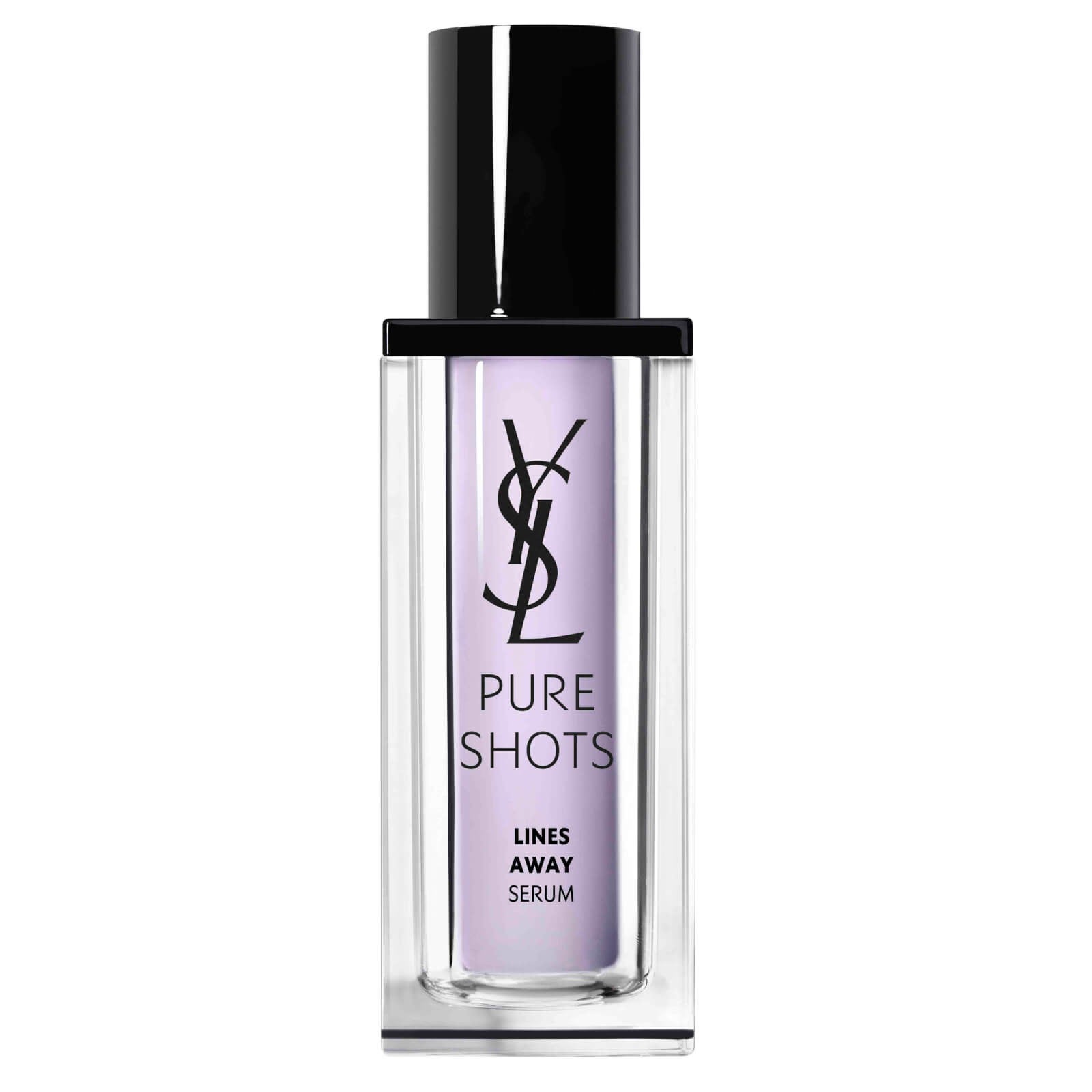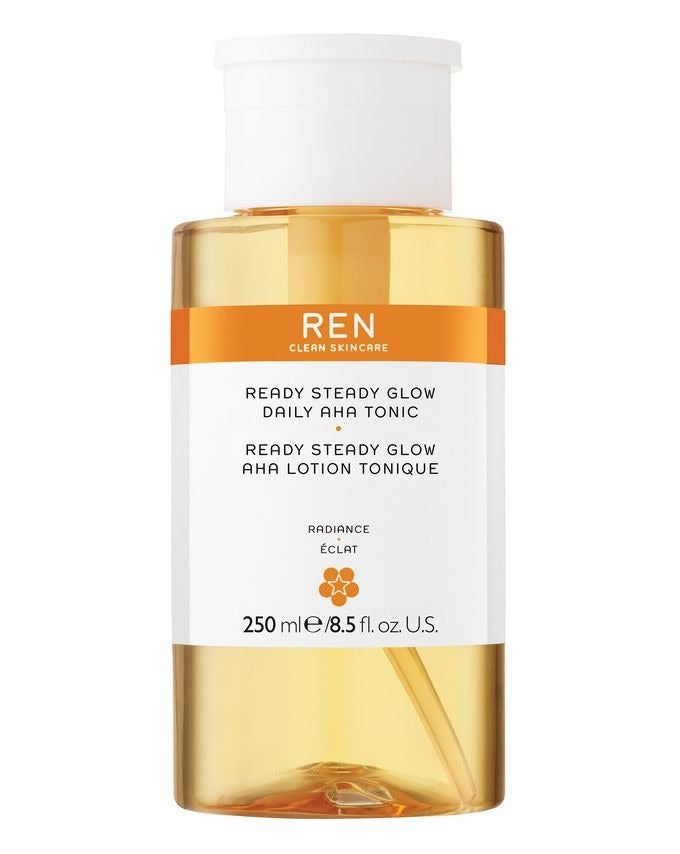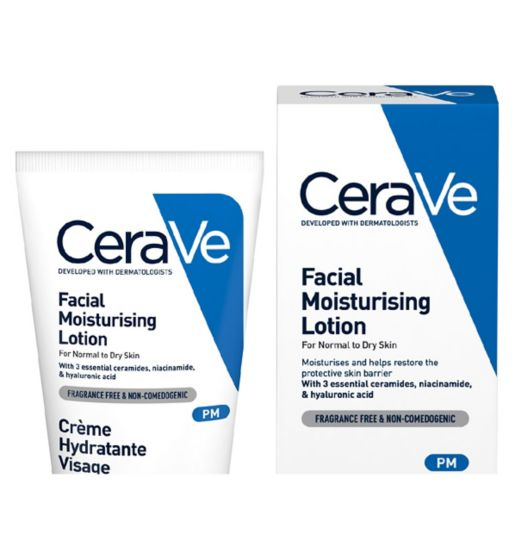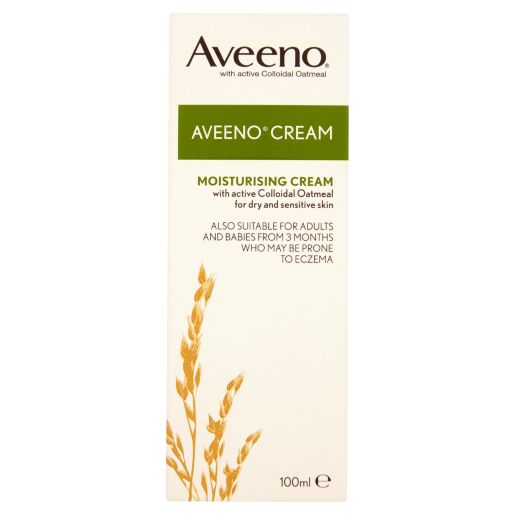9 Common Lockdown Skincare Questions, Answered By A Pro Facialist
Photographed by Kate Anglestein.
From breakouts to dry skin and dullness, lockdown has a lot to answer for. With stress and anxiety levels high, a lack of fresh air and vitamin D and endless drugstore queues, there's no doubt our skin has seen better days.
Since non-essential businesses were forced to close following government guidelines, skin experts like dermatologists and aestheticians have moved their treatment rooms online. Expert facialist Michaella Bolder is among them. In between digital consultations and testing the very latest in skincare, she took the time to answer some of the most common quarantine skin questions. And yes, you do need to wear SPF, even if you're locked away indoors.
AdvertisementADVERTISEMENT
I'm breaking out in spots! How can I get rid of them?
"This could be to do with stress hormone cortisol, especially in lockdown, as your stress levels might be through the roof," says Michaella. Practising self-care through mindful breathing, meditation and exercise to name a few techniques may help. "On the outside, choose a very gentle cleanser, for example Cetaphil Gentle Skin Cleanser, £9.50," says Michaella. R29 also rates Milk Makeup Vegan Milk Moisturizing Cleanser, £27, and Venn Moisture-Balance All-in-One Face Cleanser, £55. "Also apply salicylic acid over the area of the breakouts for two days and no moisturiser here. Clay masks are also great," says Michaella.
It's also really important to cleanse your skin, especially in the evening. "Most people think that because they aren’t going out or commuting, it’s fine to go to bed without cleansing, but it’s not," says Michaella. "Cleanse your face in the evening before applying your skincare, as your body is excreting every day and you’re accumulating dirt."
When we're stressed or anxious, we also may touch our face a little more than usual, which can cause bacteria to spread, resulting in spots. Distraction tactics, wearing gloves as a deterrent and making sure your skin is well moisturised are a handful of solutions.
AdvertisementADVERTISEMENT
What are the benefits of gua sha facial massage? I keep seeing it all over Instagram...
"Gua sha is a facial tool that comes in all shapes, sizes and stones," such as rose quartz or jade, said Michaella. "They have been around for centuries and are known for reducing inflammation, tension and puffiness, because they have curves and work different contours of the face. They're also good for bringing down breakouts if you keep them in the fridge or freezer and lay them directly onto spots."
To nail the technique, Michaella suggests scraping the tool directly on the centre of the face and work outwards in a massage motion, making sure you lay the stone flat on the face rather than digging it in. "Then, go from the forehead down the sides of the face, neck and collarbone. Use a product with enough slip, like an oil cleanser or cleansing balm." Try Soap & Glory Glow Your Mind Nourishing Cleansing Balm, £10.
Not wearing makeup feels like it's really good for my skin; what can I do to maximise the impact?
Now is the time to take your skincare to the next level, according to Michaella, starting with a great selection of face masks. "A clarifying mask in the morning will 'zjoosh' your skin (try Kiehl's Rare Earth Deep Pore Cleansing Masque, £27.50 or Tata Harper Clarifying Mask, £63) and a lovely hydrating overnight mask, such as Sisley Black Rose Cream Mask, £110, will cleanse and nourish your skin."
AdvertisementADVERTISEMENT
Also, place a focus on your nighttime routine in particular. "Before you go to bed, make sure you cleanse again. After your face mask, mix a night cream with a facial oil and massage this in for a glow in the morning." R29 rates Kiehl's Midnight Recovery Concentrate, £40, for its glowy, nourishing properties.
I feel very pale from being cooped up; what's the best moisturiser that will make my skin glow?
"St Tropez has just an amazing serum, Self Tan Purity Vitamins Face Serum, £21.99. It has your daily dose of hyaluronic acid that you’d find in a face serum and a shot of vitamin C for radiance, but you also get your daily dose of faux tan. You can use it every day and you apply it underneath your moisturiser. The colour is light and really glowy."
Is SPF even necessary indoors?
"Yes, especially if you’re by a window," says Michaella. "UV rays (namely UVA) will penetrate through glass and affect your skin. If you aren’t by a window, it’s not as necessary, but applying SPF over your serum or moisturiser won’t hurt."
What's the best oil-free SPF for face?
There's often a catch-22 when it comes to SPF. Either they're high in protection and leave behind a chalky residue, or can make skin greasy. "I really like La Roche-Posay Anthelios Ultra-Light Invisible Fluid SPF 50, £17.50," says Michaella. "It's light but offers high protection." If you’re breaking out, try La Roche-Posay Effaclar Duo [+] SPF 30, £17.50, which is even more featherweight. "Zelens also does great non-drying, oil-free SPF while Soap & Glory Make Yourself Youthful Sunshield Superfluid SPF50+, £15, is great and affordable," adds Michaella.
AdvertisementADVERTISEMENT
I'm breaking out but can I use glycolic acid, salicylic acid and retinol together?
Now is a good time to try out new skincare and the above ingredients can work wonders for most skin types, but especially skin that's breaking out in lockdown. "Salicylic acid, most definitely, as it is anti-inflammatory," says Michaella. "But if you’re using salicylic acid every night and want to use a retinol, use the retinol every third night as it could be too much for the skin. If your skin becomes sensitive to the retinol (red and irritated) give it a break for a while and then reintroduce it slowly. If it’s too strong for you, you can mix it with moisturiser or squalane oil, which act as a barrier."
Michaella adds: "I wouldn’t use a glycolic acid and a salicylic acid together, as you're going to get pretty similar results – they both exfoliate but salicylic exfoliates deeper."
I'm really into my skincare under lockdown but what's better: lactic acid or glycolic acid?
"Glycolic acid exfoliates on the surface of the skin and will give you a glowy pop. Lactic acid is universal and works deeper in the skin, so it is more long-term. It helps with bounce and exfoliation and is safe enough to use every day. Plus, it’s much gentler than glycolic acid, because it carries hydrating molecules." Michaella advises investing in a lactic acid toner swept over skin at night.
Try REN Ready Steady Glow Daily AHA Tonic, £27, but if you want something more hydrating, YSL Pure Shots Lines Away Serum, £59, smooths skin with a gentle dose of lactic acid. Michaella also recommends a chemical and physical exfoliator for those with very acne-prone skin, such as Soap & Glory Scrub In The Fast Lane 2 Minute Facial Polish & Peel, £10.
AdvertisementADVERTISEMENT
My skin is suddenly very dry, especially around my mouth. What's the best treatment?
"This can be a food allergy or a lip balm reaction," says Michaella, "but as we tend to have less lipids in our lips, this area may be dry for many reasons. It could be overstimulated – if you’re eczema- or acne-prone, it's likely to crop up here. The skin is also very sensitive in this spot, so try not to apply retinol or acids there."
Instead, keep the area moisturised with lightweight cream such as CeraVe Hyaluronic Acid Facial Moisturising Lotion, £13, which contains ceramides that repair the skin barrier and lock in moisture, or Aveeno Cream with Natural Colloidal Oatmeal, £7.49.
AdvertisementADVERTISEMENT







